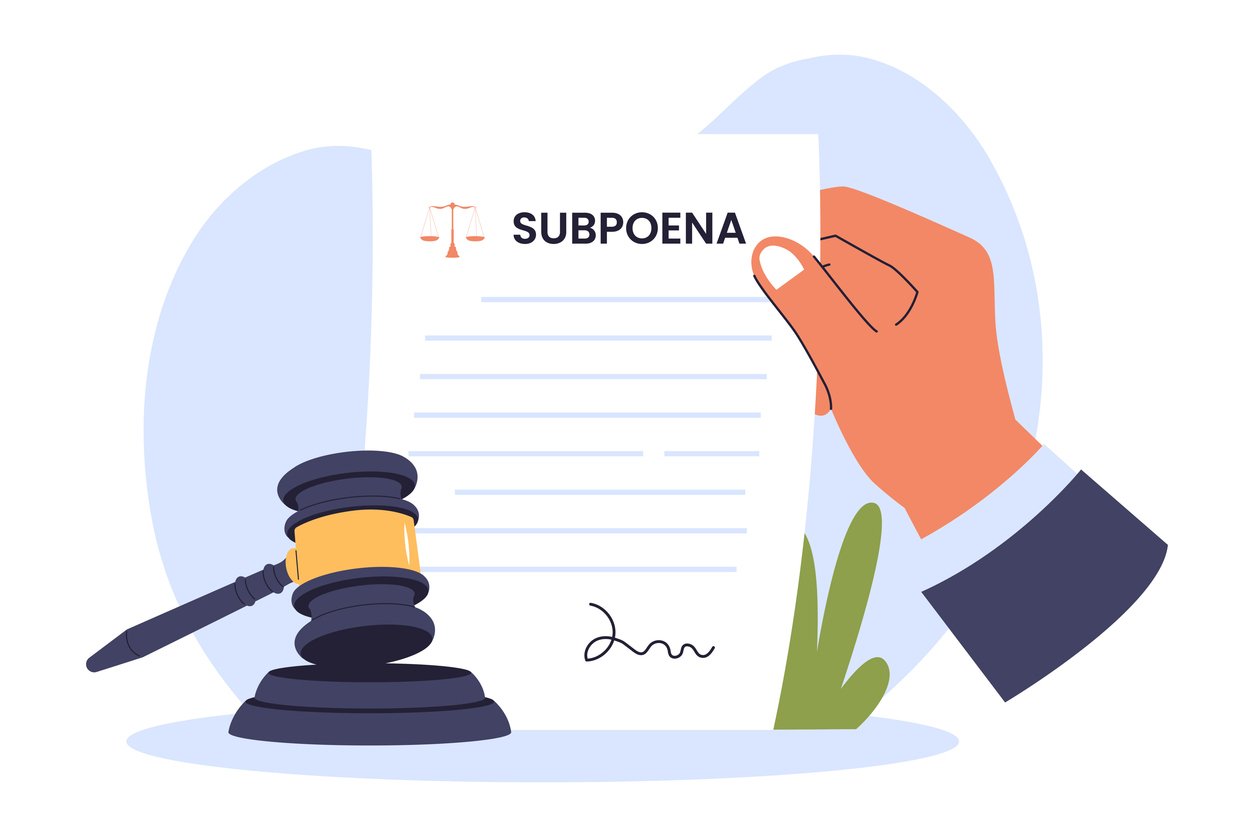 When dealing with commercial property transactions, certain documents are essential to ensure a smooth process. One such document is the estoppel certificate, a critical tool that protects both buyers and lenders in commercial real estate. In this article, we’ll break down what an estoppel certificate is, why it’s crucial, and how it impacts both landlords and tenants in commercial property deals.
When dealing with commercial property transactions, certain documents are essential to ensure a smooth process. One such document is the estoppel certificate, a critical tool that protects both buyers and lenders in commercial real estate. In this article, we’ll break down what an estoppel certificate is, why it’s crucial, and how it impacts both landlords and tenants in commercial property deals.
What is an Estoppel Certificate?
An estoppel certificate is a legal document used in commercial real estate to confirm certain facts between a tenant and a landlord. It essentially binds the tenant to the details of their lease, protecting the buyer or lender by confirming that the lease terms are accurate.
Confirming Lease Terms
In a typical estoppel certificate, the tenant verifies that the lease they signed with the landlord is still valid and confirms key details like rent amount, lease duration, and any existing agreements between the parties.
Why Estoppel Certificates are Crucial in Commercial Properties
Estoppel certificates play a significant role in commercial real estate transactions because they provide transparency for buyers and lenders. These documents serve as proof that the tenant agrees to the terms stated and that there are no hidden disputes that could affect the transaction.
Protecting Buyers and Lenders
For potential buyers of a commercial property, the estoppel certificate reassures them that the property’s income, through lease payments, will remain as expected. Lenders use this document to assess the financial health of a property, as a stable lease agreement indicates steady cash flow.
Preventing Lease Disputes
Estoppel certificates also help prevent future disputes. Once signed, both the landlord and tenant are bound by the statements made in the document, ensuring there are no misunderstandings or changes to the lease terms post-transaction.
The Tenant’s Role in Estoppel Certificates
While estoppel certificates are primarily used to protect landlords and buyers, tenants also have a responsibility to ensure the information is accurate. If a tenant signs off on incorrect details, they could be held legally liable for any discrepancies.
Accuracy and Timeliness
Tenants must review the estoppel certificate carefully before signing, as any inaccuracies can lead to legal and financial consequences. It’s also critical that tenants respond promptly, as delays could hold up the entire transaction.
Estoppel certificates are a vital component in commercial property transactions, providing clarity and protection for all parties involved. Whether you are a landlord, tenant, or potential buyer, understanding the role of estoppel certificates can help ensure a successful real estate deal. If you need assistance with estoppel certificates or any aspect of commercial property law, contact Law Advocate Group, LLP for expert legal guidance.



